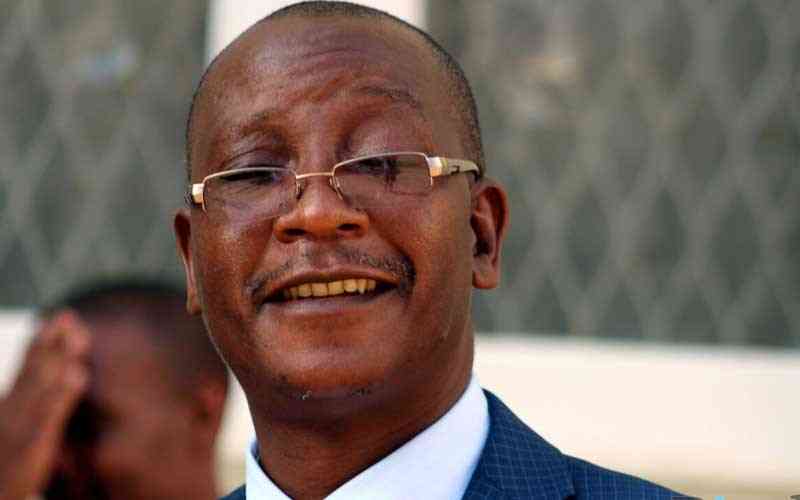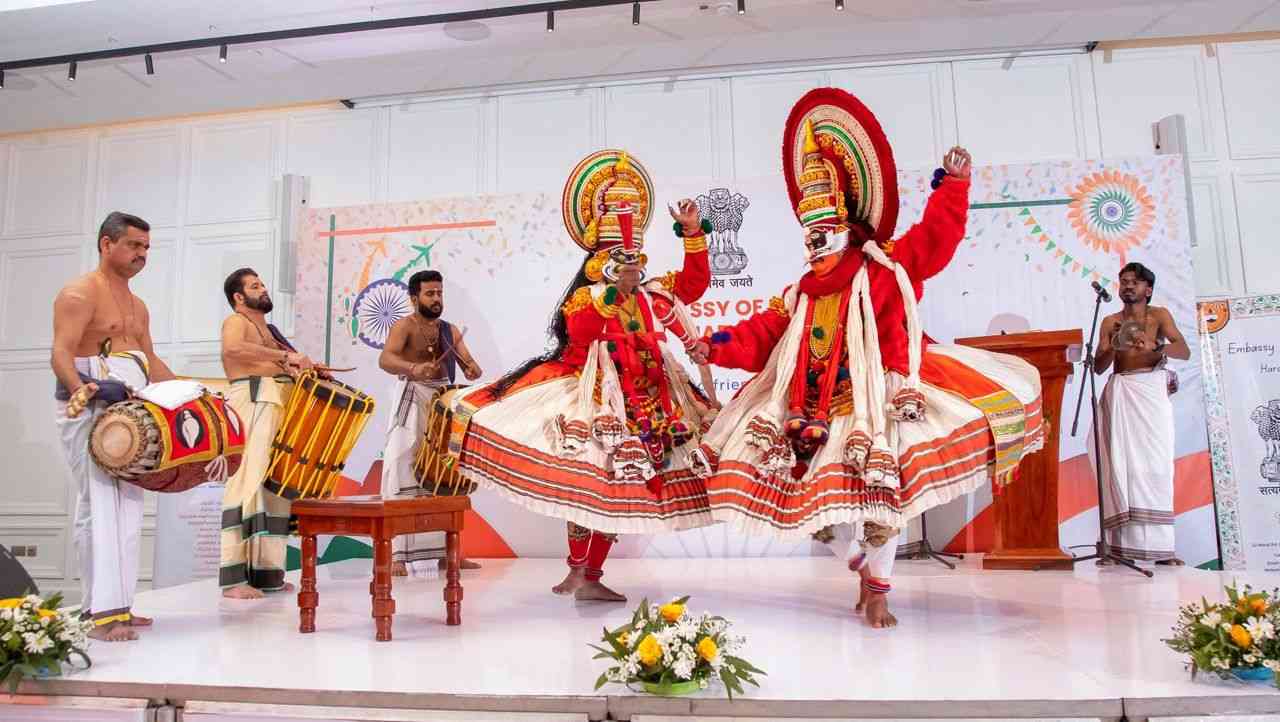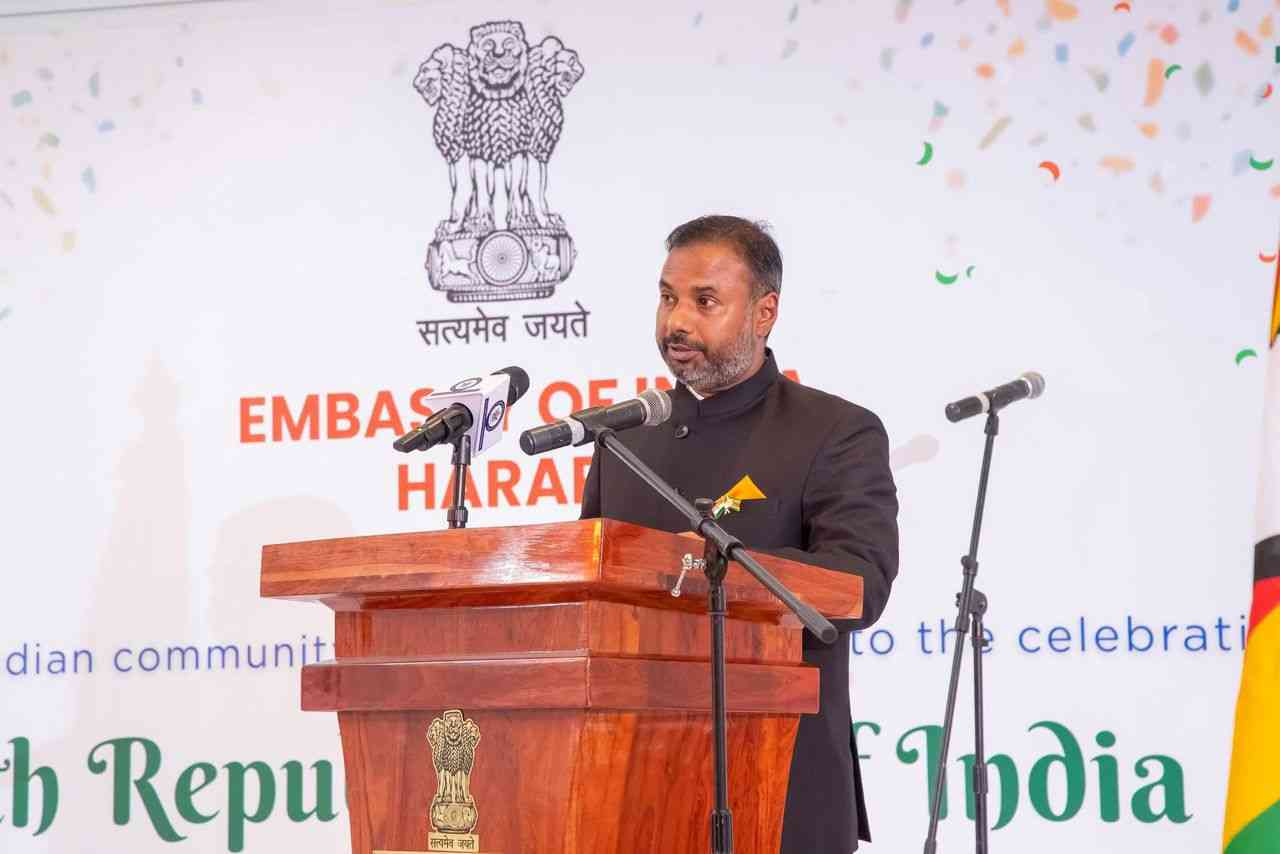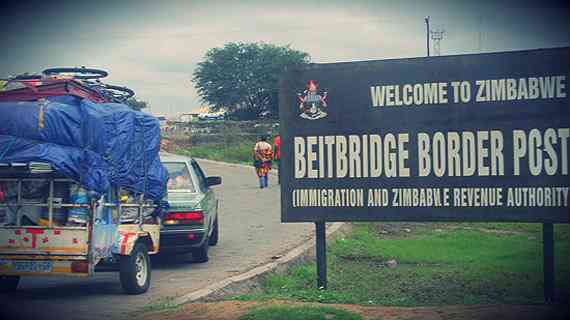
SO, the Zimbabwe government is planning more constitutional changes.
This was said by Justice, Legal and Parliamentary Affairs minister Ziyambi Ziyambi, in an interview with the State-controlled Sunday Mail newspaper.
These constitutional amendments are supposed to transfer the registration of voters from Zec (Zimbabwe Electoral Commission) back to the CRD (Civil Registry Department).
This is how this process had been carried out until 2009, before it was changed after a public outcry over the shambolic nature of the voters roll under the Registrar-General’s Office.
Now, government is proposing that those who acquire their national identity cards at the CRD after attaining the age of 18 should automatically be registered as voters.
At the same time, when a death certificate is issued for a deceased individual, their name should be immediately removed from the voters roll.
This is intended to drastically simplify the voter registration process while simultaneously ensuring a reliable cleaning up of the voters roll in the event of death.
These constitutional amendments will also revert the delimitation of electoral boundaries to an independent commission as opposed to Zec.
- Mavhunga puts DeMbare into Chibuku quarterfinals
- Bulls to charge into Zimbabwe gold stocks
- Ndiraya concerned as goals dry up
- Letters: How solar power is transforming African farms
Keep Reading
In so doing, the electoral commission will focus exclusively on its core business of managing elections.
Who would be against such seemingly progressive changes, for which most of us have been clamouring?
In fact, Ziyambi, in the Sunday Mail interview, made sure that it was not lost on Zimbabweans that these amendments had been proposed by the opposition.
This is when all the red flags and alarm bells in my mind went up and started to ring roundly.
Since when has the Zanu PF regime ever given credit to the opposition for anything positive in this country?
Is the norm not praising and glorifying President Emmerson Dambudzo Mnangagwa for his supposedly “visionary leadership” as a “listening president”?
Why credit Charlton Hwende and Rusty Markham of the CCC party, instead?
Can anyone else smell the stinking fish I am smelling?
I have a disturbingly gnawing feeling that the Mnangagwa administration is up to its dirty tricks again — something it has turned into an art form.
What this regime does and says should never be taken at face value or accepted naively.
Let us go back to 2021, when the Constitution of Zimbabwe Amendment (No 2) Bill was enacted.
Was this not packaged as a progressive move designed to empower women and youth in Zimbabwe — through the extension of the women’s quota while introducing a youth quota in Parliament?
Who, in their sound mind, would not have celebrated this as a step in the right direction?
Did we not see the government, with Mnangagwa at the fore, taking advantage of every opportunity to tout this masterstroke of empowerment brilliance?
In the end, these constitutional changes sailed through both Houses of Parliament and immediately received the presidential seal.
However, was this really what these amendments were all about?
Did we not find ourselves with a Chief Justice (Luke Malaba) who was supposed to retire that year after reaching the constitutionally mandated age of 70, continuing in office?
Did we not see the President accorded more powers in the selection and appointment of judges?
And were we not shocked to learn that a presidential candidate was no longer required to have a running mate?
This was all after the Constitution of Zimbabwe Amendment (No 2) Act changed the retiring age for judges, expunged the public interview process for judges and removed the presidential running mate clause.
The legality of the changing of judges’ retirement age is debatable since Section 328(7) of the Constitution clearly states that:
An amendment to a term-limit provision, the effect of which is to extend the length of time that a person may hold or occupy any public office, does not apply in relation to any person who held or occupied that office, or an equivalent office, at any time before the amendment.
Nevertheless, such provisions have never stopped the government from violating the law.
It went ahead unperturbed, and Malaba is still the Chief Justice today.
In other words, these amendments were really about consolidating Mnangagwa’s grip on power as opposed to empowering women and youth.
Nonetheless, by carefully hiding the real reasons for the constitutional changes, the Mnangagwa administration was able to avert resistance from the public.
I see the same happening with these proposed new constitutional amendments — to do with registration of voters and the delimitation of electoral boundaries.
I may be wrong, but a voice in my head is telling me that this is when amendments to the presidential term limit will be brought in — carefully tucked away from public scrutiny and debate.
The nation will obviously be excited about the new electoral laws — touted as a victory for the opposition and something the people always wanted.
Who will then vote against that?
Yet, in voting for the constitutional amendments, parliamentarians will also be voting for presidential term limit changes.
Even if any such amendment cannot and should not benefit Mnangagwa, however, we have already seen how this regime feels about respecting the law.
We need to be very careful and vigilant when dealing with this regime as nothing is always as it appears.
When these proposed constitutional changes are finally brought before the nation, let us pay meticulous attention to each and every clause.
We should not allow ourselves to be swayed by the excitement of what seems to be progressive electoral changes.
Let us call out and bravely stand against anything that may be hidden in the backseat.
The Zimbabwe regime has already proven itself an expert at Trojan horse tactics.
- Tendai Ruben Mbofana is a social justice advocate and writer. Please feel free to WhatsApp or Call: +263715667700 | +263782283975, or email: [email protected], or visit website: https://mbofanatendairuben.news.blog/











